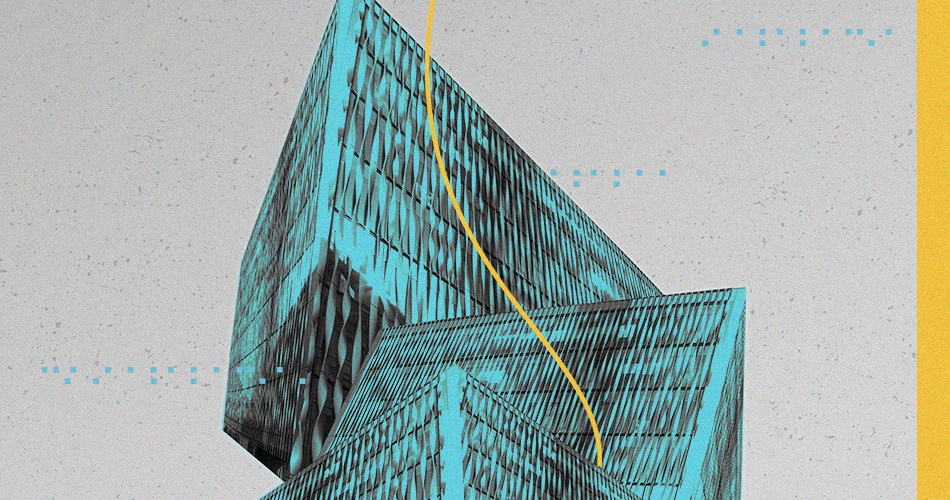Defining Smart Building and Its Role for Our Future
 Zoox Smart Data - 28 de January de 2020.
Zoox Smart Data - 28 de January de 2020.
Imagine if you drive to the parking lot and facial recognition allows your access at the main entrance. You drive in the parking lot and your cell phone directs you to the ideal parking place. You enter the building and a wireless charger is available at every table for your mobile devices.
It all sounds futuristic, but we will enter that future soon. It is smart technology expanding again. The era of smart building is upon us. However, this expansion should not come as a surprise since people spend 87% of their time inside of buildings.
So, What Is Smart Building?
“Smart building” is creating structures that integrate wireless connections with sensors to record and analyze data. This data enables optimizations that decrease costs and improve the experience within the local environment. Therefore, smart building benefits the building owners and its occupants.
Smart Building Technologies: Security, Power, and Efficiency
A range of industries are already using smart technologies, including lighting, energy, temperature control, and security.
Some examples include sensors that adjust the room temperature based on the number of occupants or turn off the lights when the room is empty. If the sensors connect to the entire building’s power management system, they can manage resources more efficiently by avoiding waste and adapting to the occupants’ routine.
Another example is facial recognition. Through facial recognition, building traffic becomes more fluid and removes the need of security guards and receptionists to permit access. A physical presence is no longer necessary because there is a real-time status of all occupants’ location and sensors activate warnings when people enter unauthorized areas.
For building owners and managers, smart building provides greater visibility of costs and equipment, which facilitates preventive maintenance and budgetary optimization.
Smart Buildings In Brazil
Brazil’s infrastructure is becoming smarter, but there remains room for improvement. Brazil occupies 6 spots in the ranking of the 165 most intelligent cities in the world: São Paulo (116), Rio de Janeiro (126), Curitiba (135), Brasilia (138), Salvador (147) and Belo Horizonte (151).
As a Brazilian company, this is very exciting for us and some projects may lead some to believe that Brazil will improve within a short time.
One example is the city of Armação de Búzios in Rio de Janeiro, which uses technology to optimize consumption and energy production.
Another example is the Lagoa da Usina region, where the government implemented 60 remotely controlled LED lamps. The expectation is an 80% reduction in power consumption. The municipality also added smart meters in 200+ households to allow people to optimize their spending.
We, at Zoox, have a smart pass product that is being used in hotel chains, retail stores, and other sectors. Through facial recognition, the product generates rich user profiles and connects to hundreds of applications to make processes, such as check-in and data intelligence extraction easier.
If it interests you, we encourage to learn more about the benefits of the Zoox Smart Pass.
Or find more innovative solutions in our ebook, Internet of Things Applied to Hospitality:




Comments